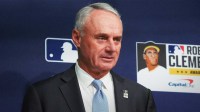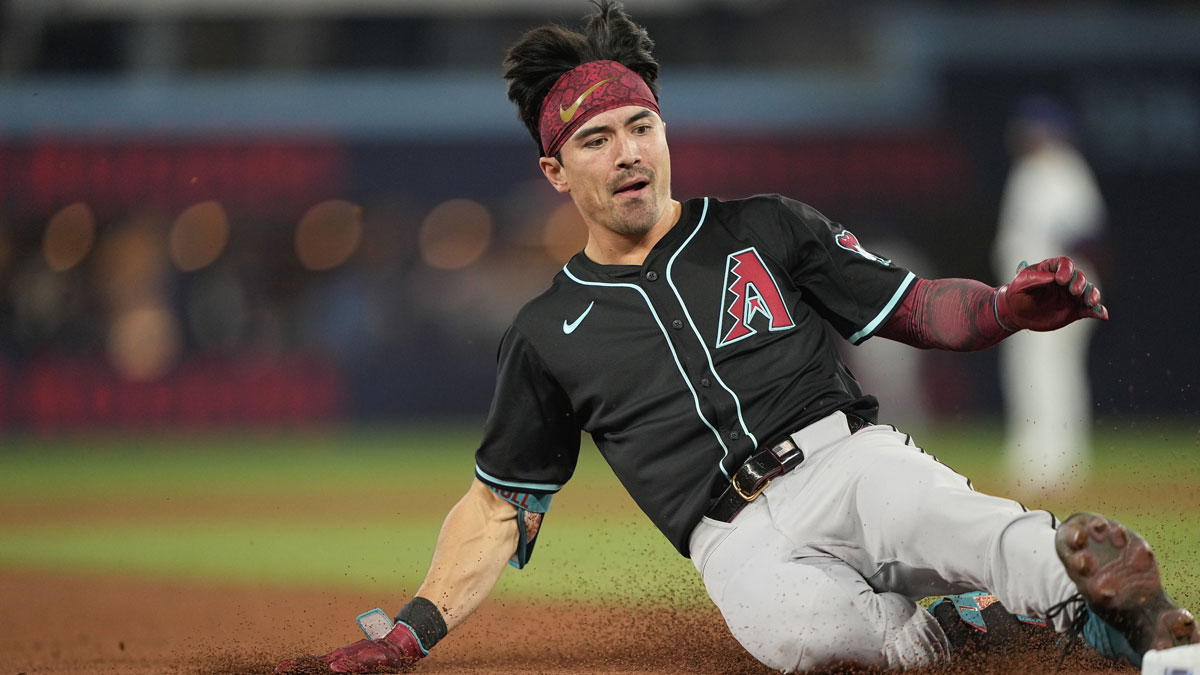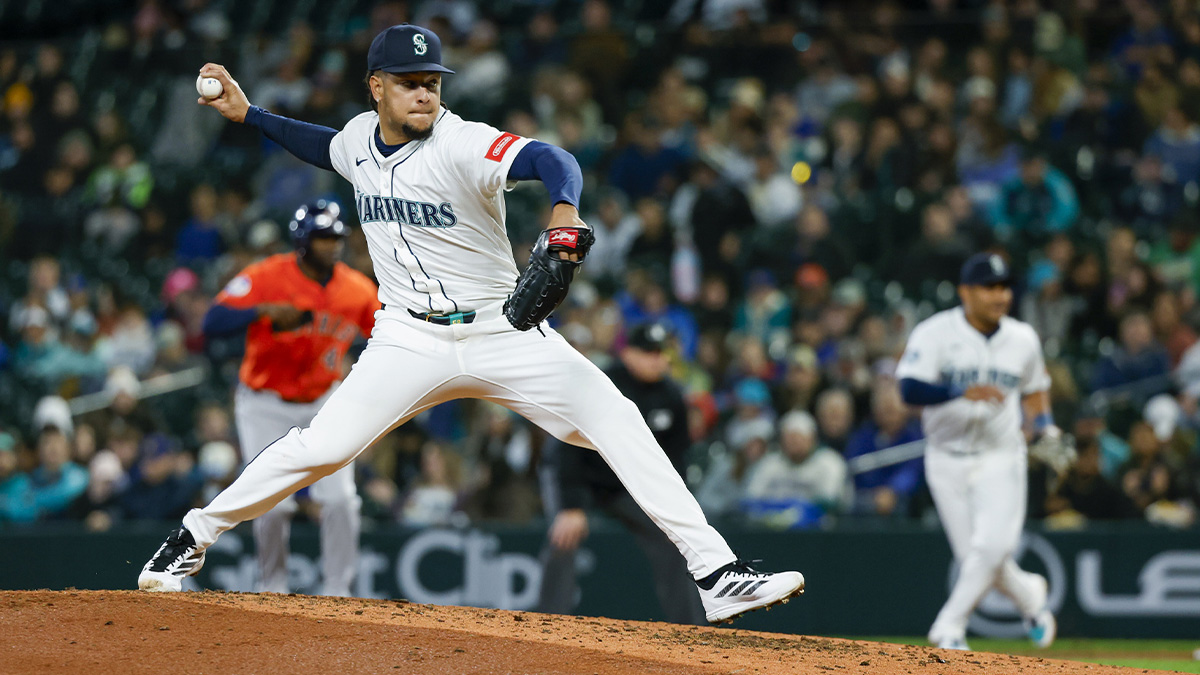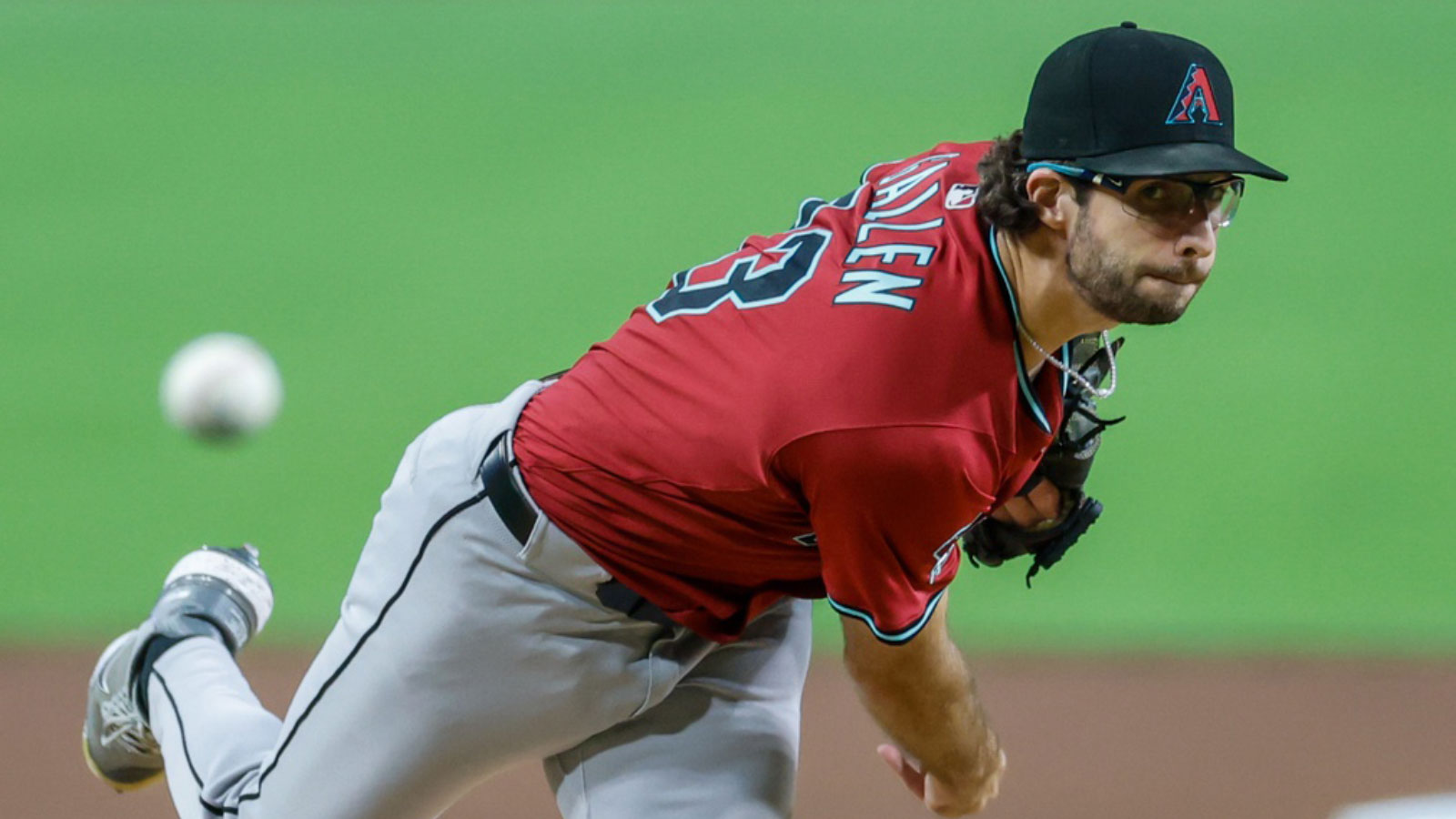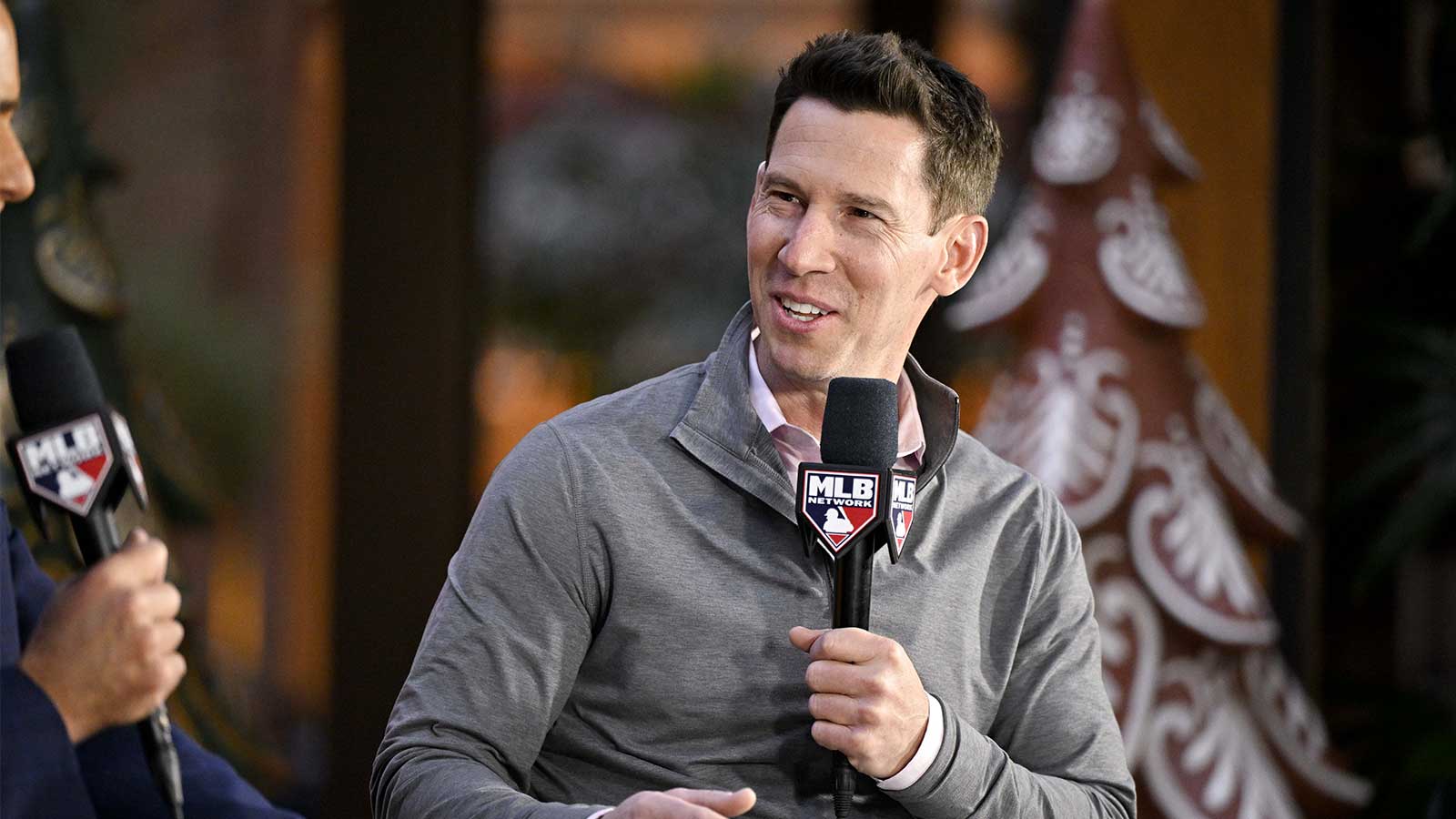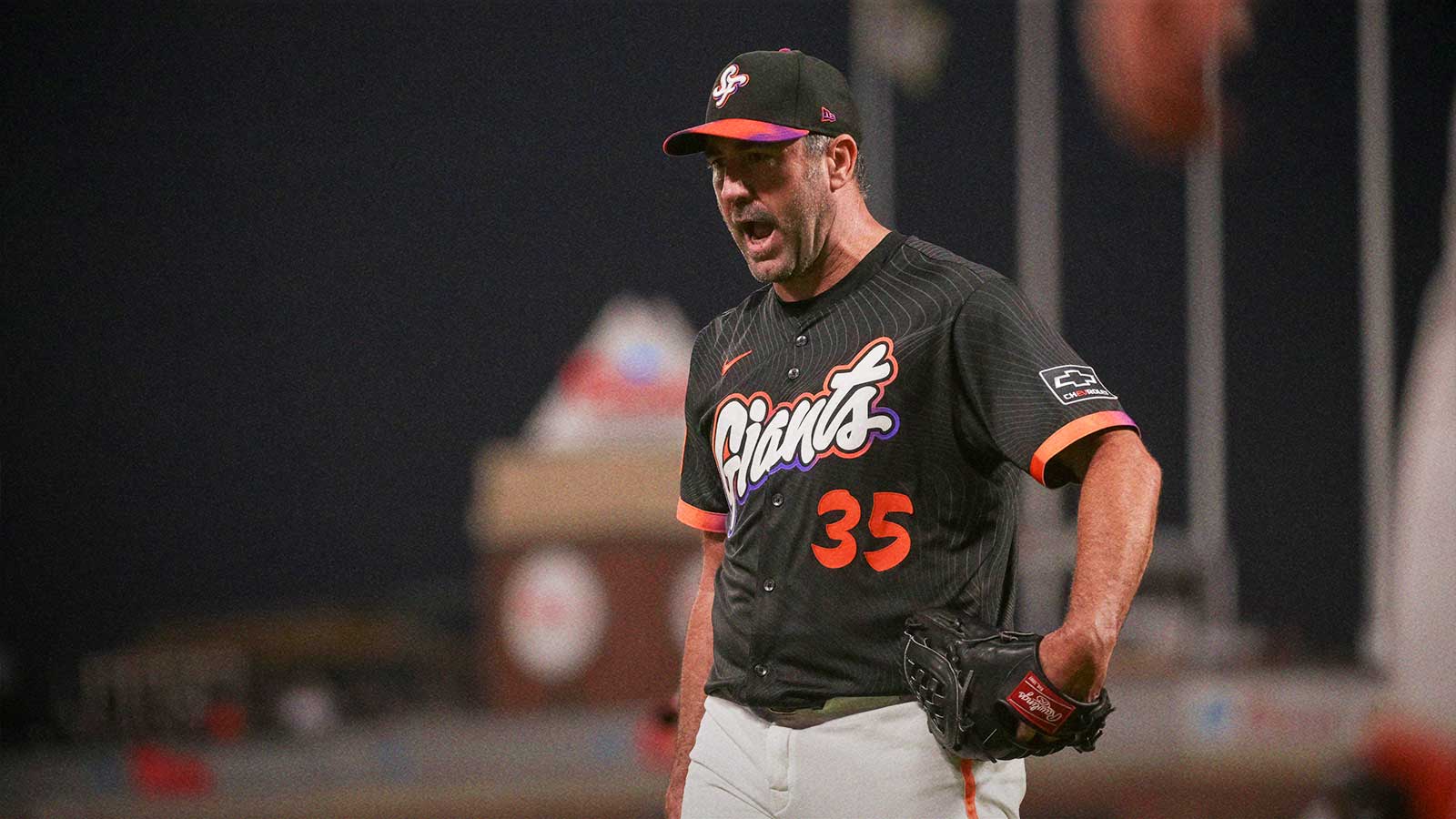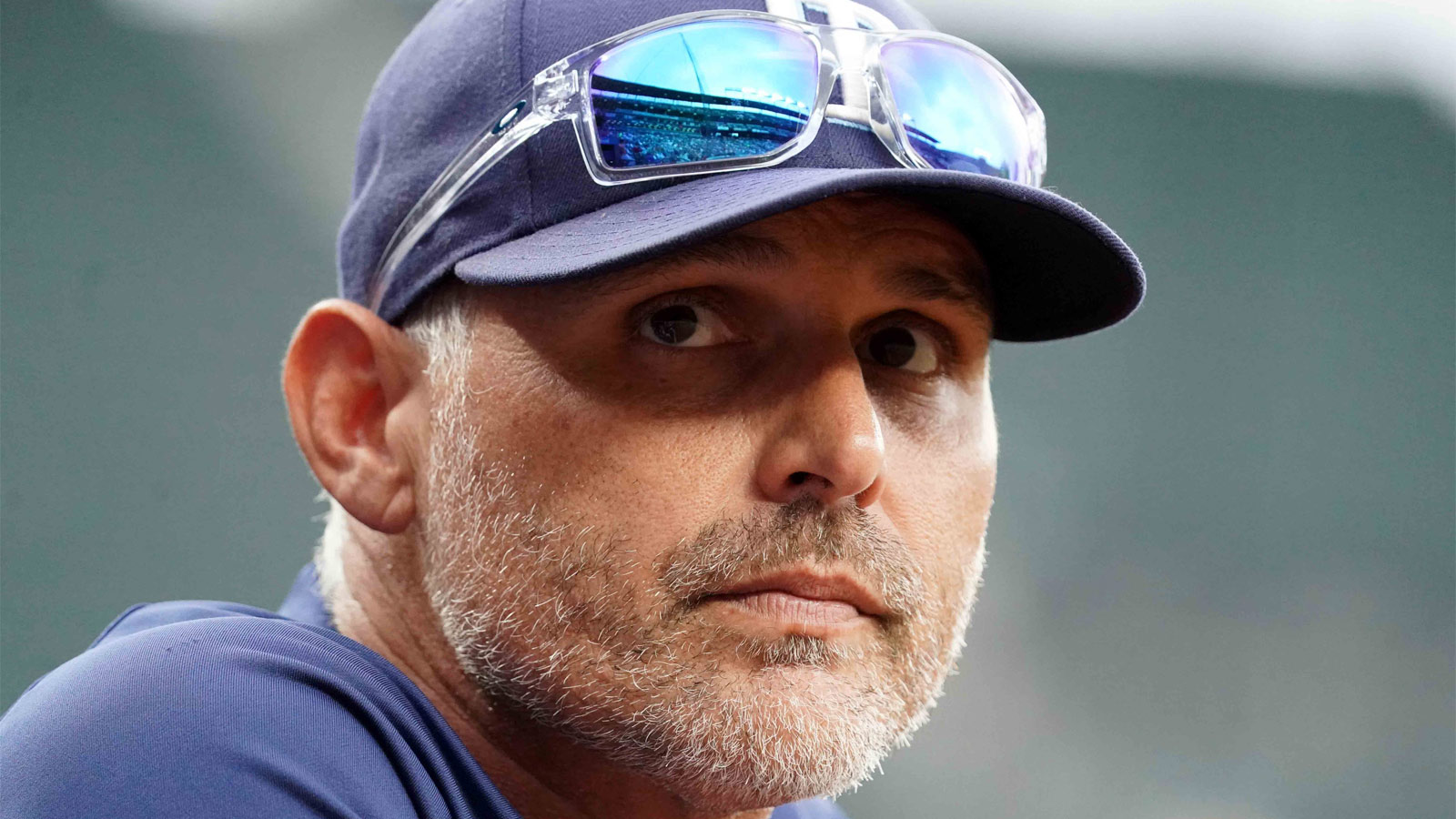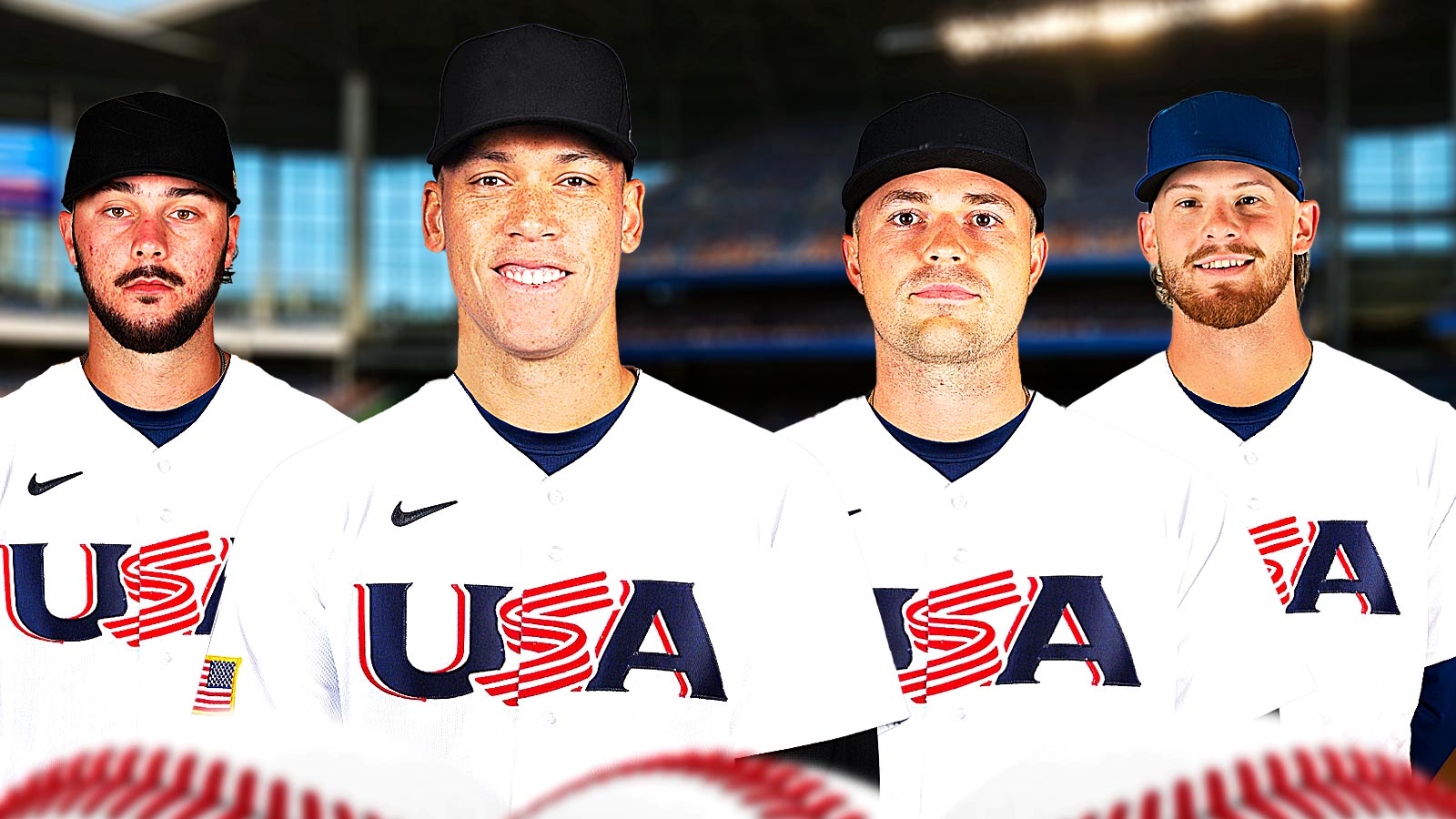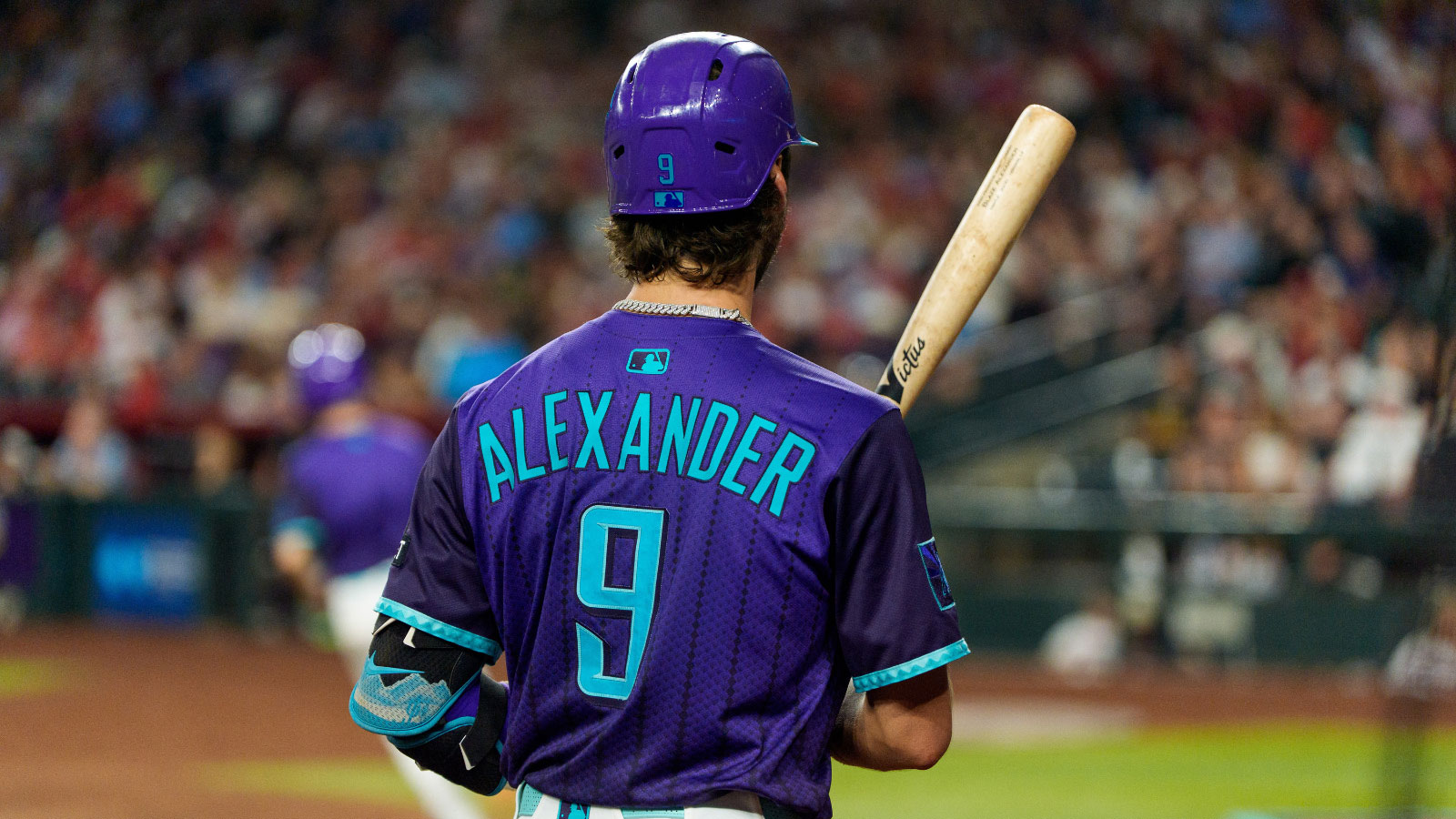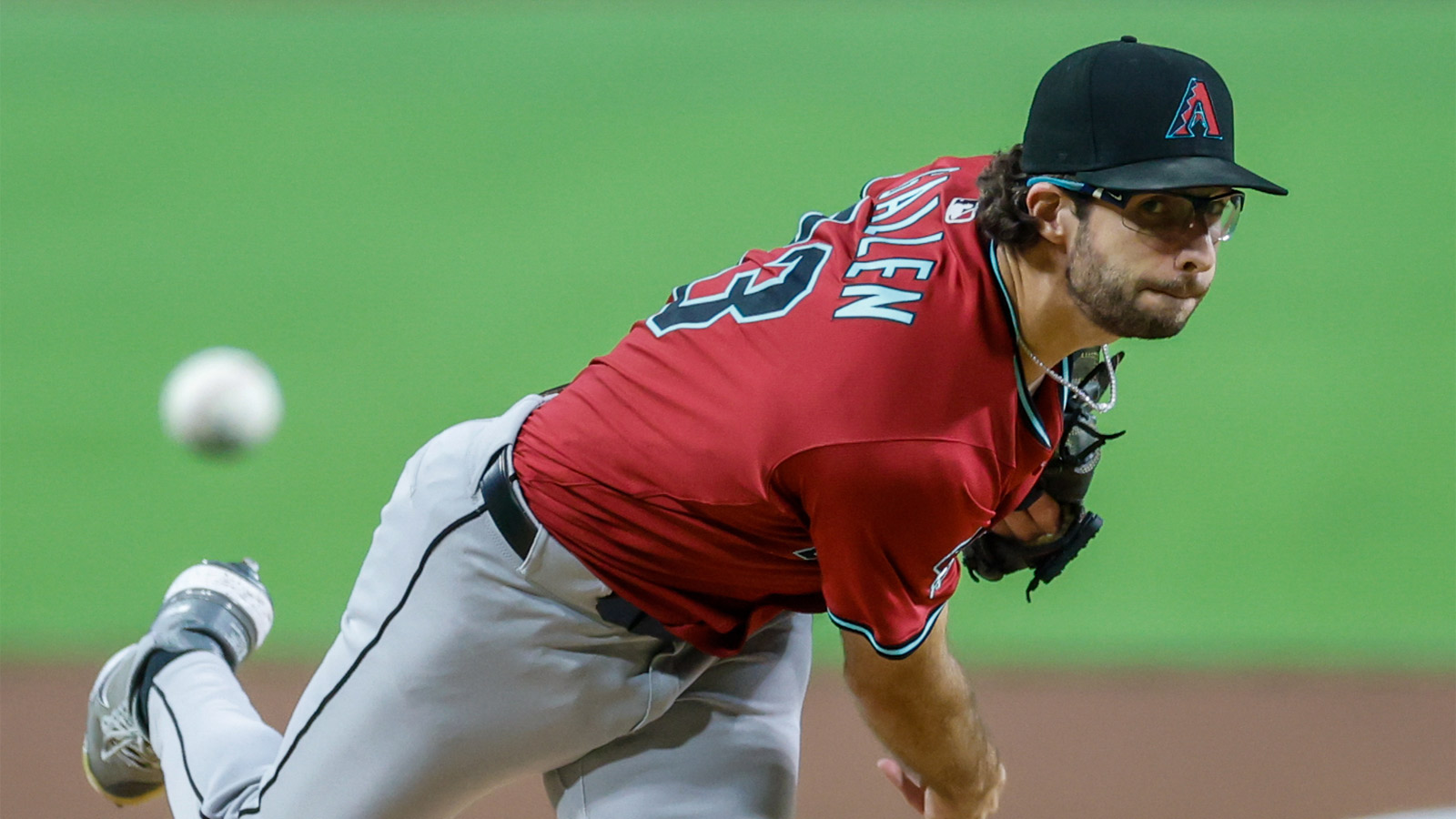Major League Baseball has one more full season before its collective bargaining agreement expires, but commissioner Rob Manfred is already laying the groundwork for what he's looking for in the next round of negotiations.
He says he wants to connect more with the players and that the Players Association no longer represents their will.
“There seems to be kind of a mismatch between what we see at the union leadership level and what the players are thinking,” Manfred said, via The Athletic's Evan Drellich.
Manfred also suggested that player salaries could be growing faster than they are — and that equal revenue sharing with the owners could help get them there.
“The strategy is to get directly to the players,” he continued. “I don’t think the leadership of this union is anxious to lead the way to change. So we need to energize the workforce in order to get them familiar with or supportive of the idea that maybe change in the system could be good for everybody.”
Manfred's plans go beyond revenue sharing. Additionally, he might push for a salary cap, though he hasn't said outright that he would. The Athletic also says he wants to overhaul MLB's media rights system.
“If you can grow your central revenue and level out your revenue disparity, it then gives you the flexibility to either dramatically reduce or get out of this revenue sharing business altogether,” Manfred said.
MLBPA executive director Tony Clark fired back at Manfred in a statement to The Athletic, calling the commissioner's comments a “sales pitch” that is “full of misleading or downright false statements” intended to divide the players.
“At a time of resurgent attendance, record revenues, and increasing franchise values, MLB should be focused on further promoting our sport,” the statement read. “Instead, their stated plan is once again to try to divide players from each other and their union in service of a system that would add to the owners’ profits and franchise values, while prohibiting clubs from fully competing to put the best product on the field for the fans and limiting player compensation, guarantees and flexibility.”








